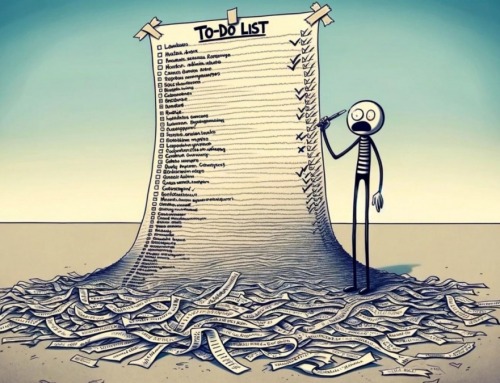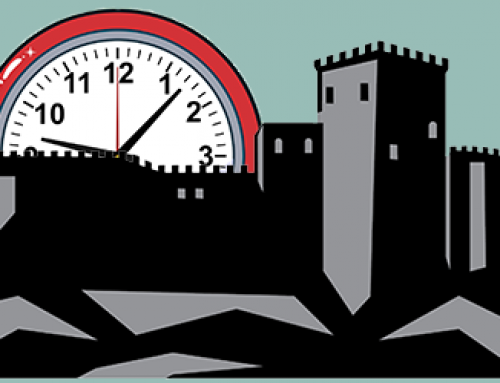Nearly everyone, at some point, has encountered the idea that goal planning is a key to achieving success. We find this notion everywhere, including in books and magazines, on television, in classrooms and seminars, and in blogs, newsletters, articles, and white papers.
However, despite the pervasiveness of this idea and the good intentions of those who try to embrace it, most people fail to successfully set and achieve their goals. Studies on the topic have consistently shown that there is a strong correlation between goal planning and success, but research has also revealed widespread failure among people and organizations to successfully execute goal planning.
5 Reasons Why Most People Never Set Goals
So why don’t more people write their goals? We can start to answer that by answering ‘Why don’t people set goals at all?’ We know people with goals succeed. Here are five common reasons:
- No motivation. Many people feel no need to change. They have settled into a comfort zone, satisfied with their situation, without sufficient pain to want change.
- Fear of failure. Some people have no belief in their ability to achieve a goal, and thus don’t start.
- What friends will say. On one hand, they fear being laughed at if they fail. On the other hand they fear being outcast when they succeed.
- Not worthy of success. People who have poor self-esteem and lack confidence just cannot see themselves achieving anything, so ask ‘Why set goals?’
- Paralysis of Analysis. Some people want to have all the answers before they can begin working towards a goal. They let self-doubt keep them locked where they are.
Increase your effectiveness with PlanPlus Online.
A productivity system for leaders.

6 Reasons Why Most People Fail to Achieve Their Goals
Even after goals are set, there are a number of various reasons why individuals and organizations will fail to achieve their goals. When analyzed objectively these various reasons begin to fit in to a specific pattern. This pattern forms a cycle of negative performance toward goal achievement. We call this the The Cycle of Goal Setting Dysfunction. All too often, the cycle unfolds as follows:
- Poor definition/ lack of commitment: While goals are a tremendous asset to any person or organization, poorly defined goals have the potential to destroy progress, kill motivation, and create attitudes and culture that are worse than they would be if the goal had never been set. When goals are poorly defined or ambiguous, they are often viewed as irrelevant, and there is frequently a general feeling of apathy about them. Thus, the goal planning process can come to an abrupt end before it truly begins.
- Fear of Failure: When a goal is seen as overly ambitious or punitive, the people responsible for achieving that goal can begin to fear failure and veer off course. Although they may not blatantly attempt to derail the goal, their subconscious fears and resentment may lead them to procrastinate, pursue more realistic goals, or find other activities to fill their time and attention.
- Goal Avoidance: If there is a fear of failure, a lack of commitment, or a sense that a goal is unrealistic, the tendency of the person is to avoid the goal or avoid the system of measuring the goal. As soon those responsible for achieving a goal start avoiding your system for measuring results, it becomes much more difficult to decipher the level of effort that they are expending. Even worse, their attentiveness to achieving the goal can begin wane.
- Inattention to Results: Once you stop keeping score, it is much more difficult to measure how well you are performing. But, even if you are still keeping score, the inattention that comes from lack of commitment, fear of failure, or avoidance can lead to poor performance.
- Poor Performance: Without attention to results or measurement against goals, performance generally declines.
- Apathy: Once poor performance has emerged, a general feeling of failure often sets in, which reinforces the fear of failure, and apathy about the overall goal setting process can take hold. This makes it even more difficult to identify and pursue good, clear goals.
If goal setting is implemented incorrectly, the person or organization will likely feel apathetic toward goals in general and develop a subtle or outright dislike of their use. Moreover, if people feel like goals are being used as a way to tell them that they are not good enough or don’t deserve recognition or a merit increase in pay, they will learn to dislike and even resent the goal planning process.






